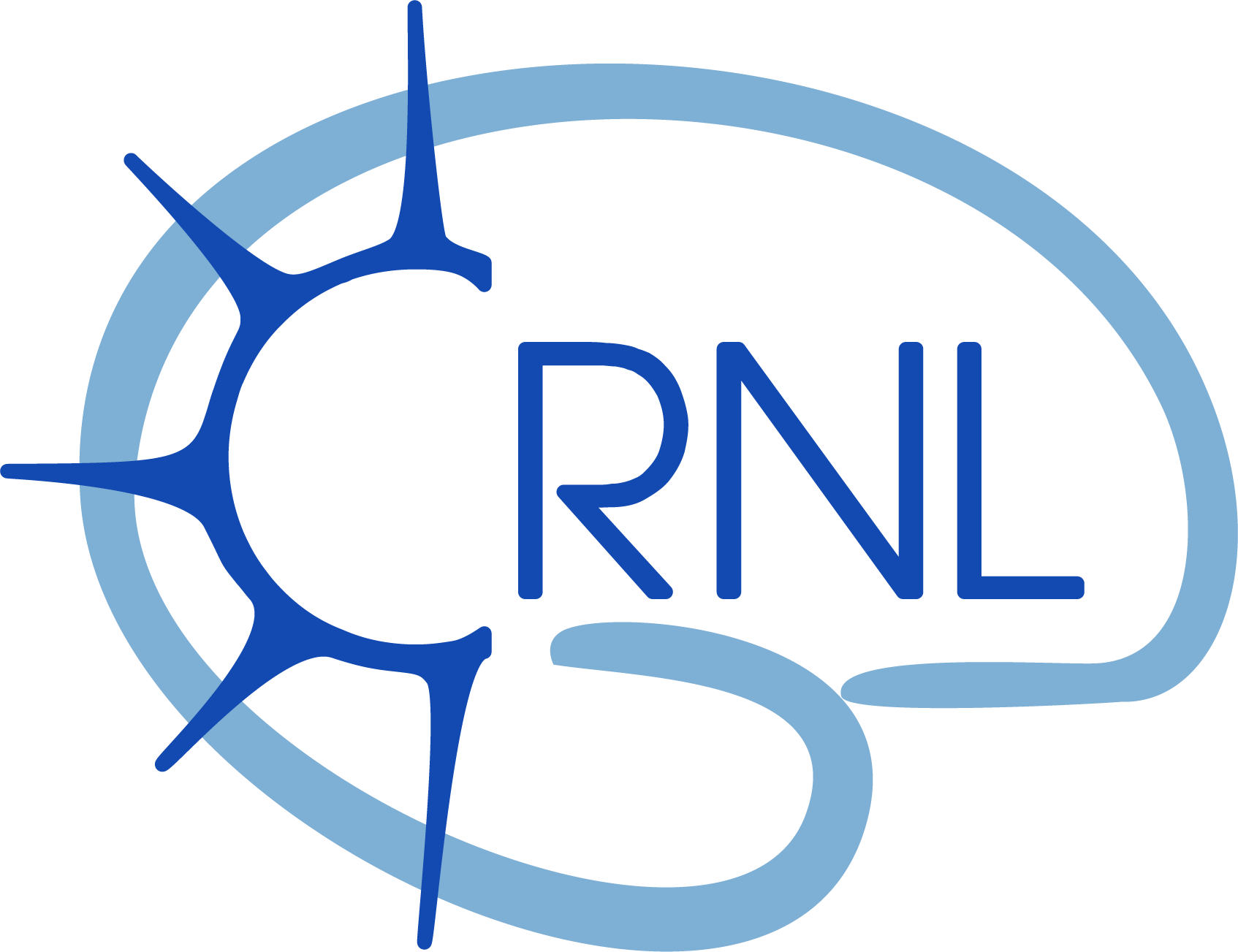Enzyme-controlled, nutritive hydrogel for mesenchymal stromal cell survival and paracrine functions
Résumé
Culture-adapted human mesenchymal stromal cells (hMSCs) are appealing candidates for regenerative medicine applications. However, these cells implanted in lesions as single cells or tissue constructs encounter an ischemic microenvironment responsible for their massive death post-transplantation, a major roadblock to successful clinical therapies. We hereby propose a paradigm shift for enhancing hMSC survival by designing, developing, and testing an enzyme-controlled, nutritive hydrogel with an inbuilt glucose delivery system for the first time. This hydrogel, composed of fibrin, starch (a polymer of glucose), and amyloglucosidase (AMG, an enzyme that hydrolyze glucose from starch), provides physiological glucose levels to fuel hMSCs via glycolysis. hMSCs loaded in these hydrogels and exposed to near anoxia (0.1% pO) in vitro exhibited improved cell viability and angioinductive functions for up to 14 days. Most importantly, these nutritive hydrogels promoted hMSC viability and paracrine functions when implanted ectopically. Our findings suggest that local glucose delivery via the proposed nutritive hydrogel can be an efficient approach to improve hMSC-based therapeutic efficacy.
Domaines
Sciences du Vivant [q-bio]| Origine | Publication financée par une institution |
|---|---|
| licence |


